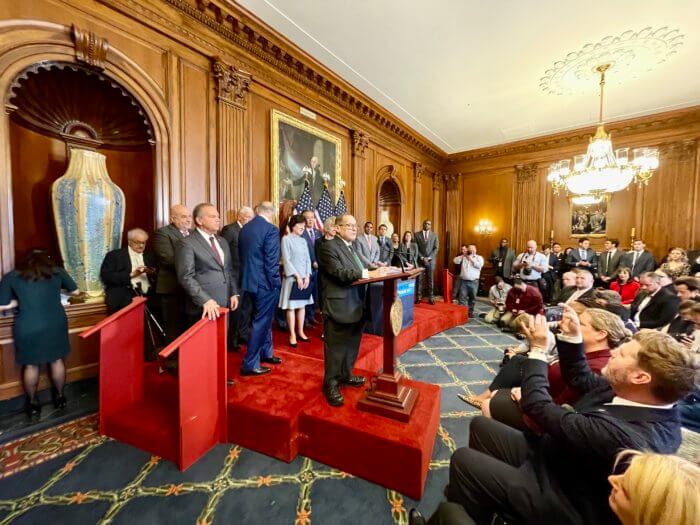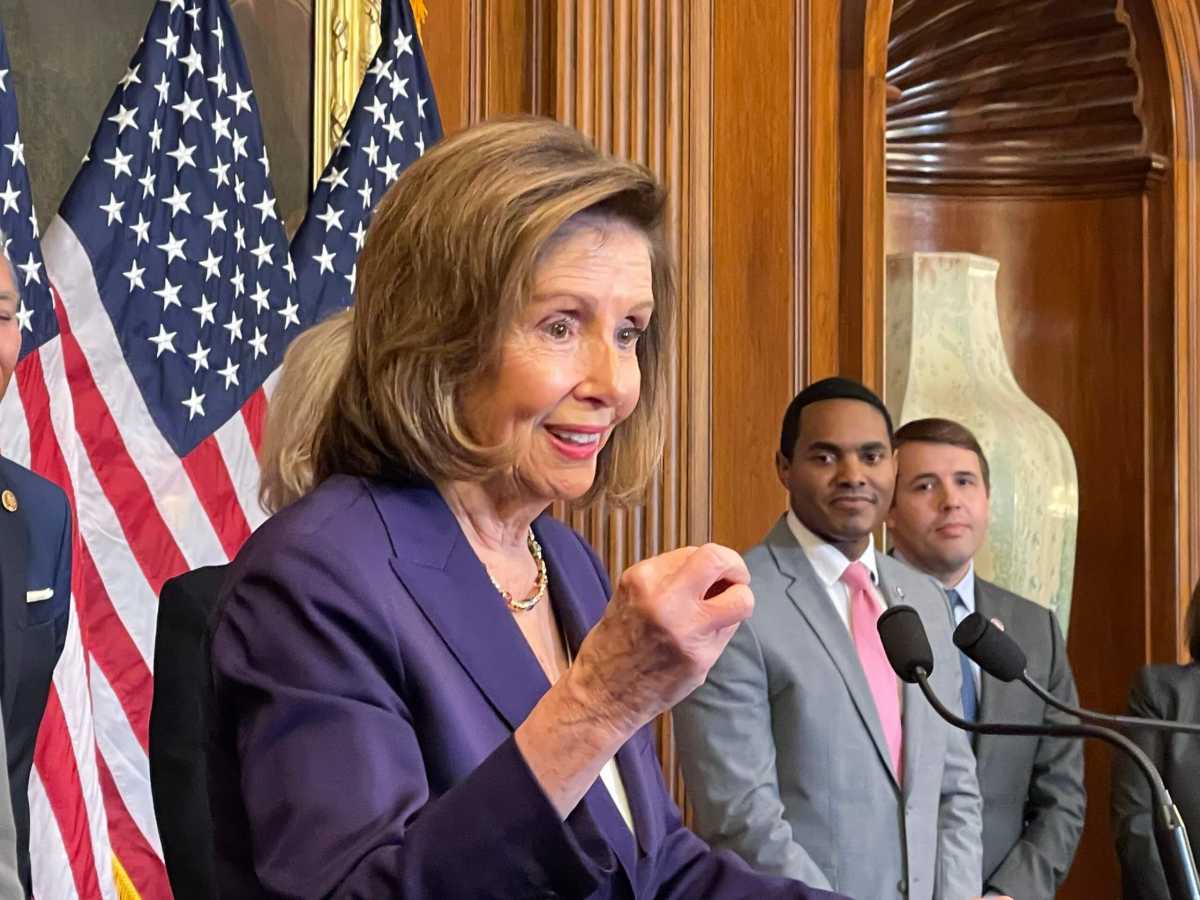After clearing the most daunting hurdle — the US Senate — the Respect for Marriage Act has again passed the House of Representatives, paving the way for a final signature from President Joe Biden.
House lawmakers voted 258-169 on December 8 to pass the bill, which solidifies protections for queer and interracial married couples. It would not force any state to perform marriages, but it would require states to recognize marriages that have been legally performed. The Defense of Marriage Act, the law that limited the federal government’s recognition of marriage to one man and one woman, would also be repealed even though it has been rendered void by the courts.
Currently, states are required to perform same-sex marriages regardless of state law. The Respect for Marriage Act is viewed as a backup option in case the conservative Supreme Court ever takes aim at Obergefell v. Hodges, the 2015 decision expanding marriage equality nationwide.
The legislation drew 39 Republican votes in the House of Representatives after getting 47 GOP votes when the bill passed the lower house earlier this year. Once it initially passed the House, it was later revised in the Senate, where out lesbian Senator Tammy Baldwin of Wisconsin spearheaded a bipartisan coalition of lawmakers to secure 12 Republican votes.
The House passed the latest version of the bill on a whirlwind day in Washington just hours after the Biden administration announced a prisoner swap with Russia to secure the release of out lesbian WNBA star Brittney Griner.

“Today is a historic day for LGBTQ+ equality,” out gay Congressmember Ritchie Torres of the Bronx said in a written statement. “The past year has shown us that our fundamental rights are under attack by the radical right wing of the Supreme Court. That is why I am encouraged by the bipartisan action to finally statutorily protect same-sex and interracial marriage. History will tell who stood on the right side of justice and equality, and I am proud that even in the face of opposition, this Congress is unwavering in its commitment to safeguarding rights for all Americans no matter who they love.”
Another out lawmaker from New York, outgoing Congressmember Mondaire Jones of District 17, said he voted in favor of the bill as part of his pledge to support the LGBTQ community.
“When I became one of the first two openly gay, Black members of Congress, I promised to lead and deliver for the LGBTQ+ community,” Jones said. “Congress just sent a clear and powerful message to every LGBTQ+ American: You are not invisible. We see you, you are loved, and you matter. And now, your right to love openly and proudly is recognized by the federal government — for the first time by federal statute. Passage of the Respect for Marriage Act is a monumental step in the right direction — but our fight for equality continues.”
Out gay Congressmember David Cicilline, the chair of the Congressional LGBTQ+ Equality Caucus, described the bill as “a bipartisan triumph and a testament that love will always win in the end.” Like Jones, he also stressed that the fight for LGBTQ rights does not end with this bill.
“Thanks to our actions today, married people who are building their lives together now know that the government will continue to respect and recognize their marriages,” Cicilline said. “Our work toward equality, however, is not done. We need to harness this momentum and work towards full equality for LGBTQ+ people in all areas of life, including by passing the Equality Act into law.”
After the bill passed the House, lawmakers from both houses joined advocates in the Rayburn Room at the Capitol for a bill enrollment ceremony.

































